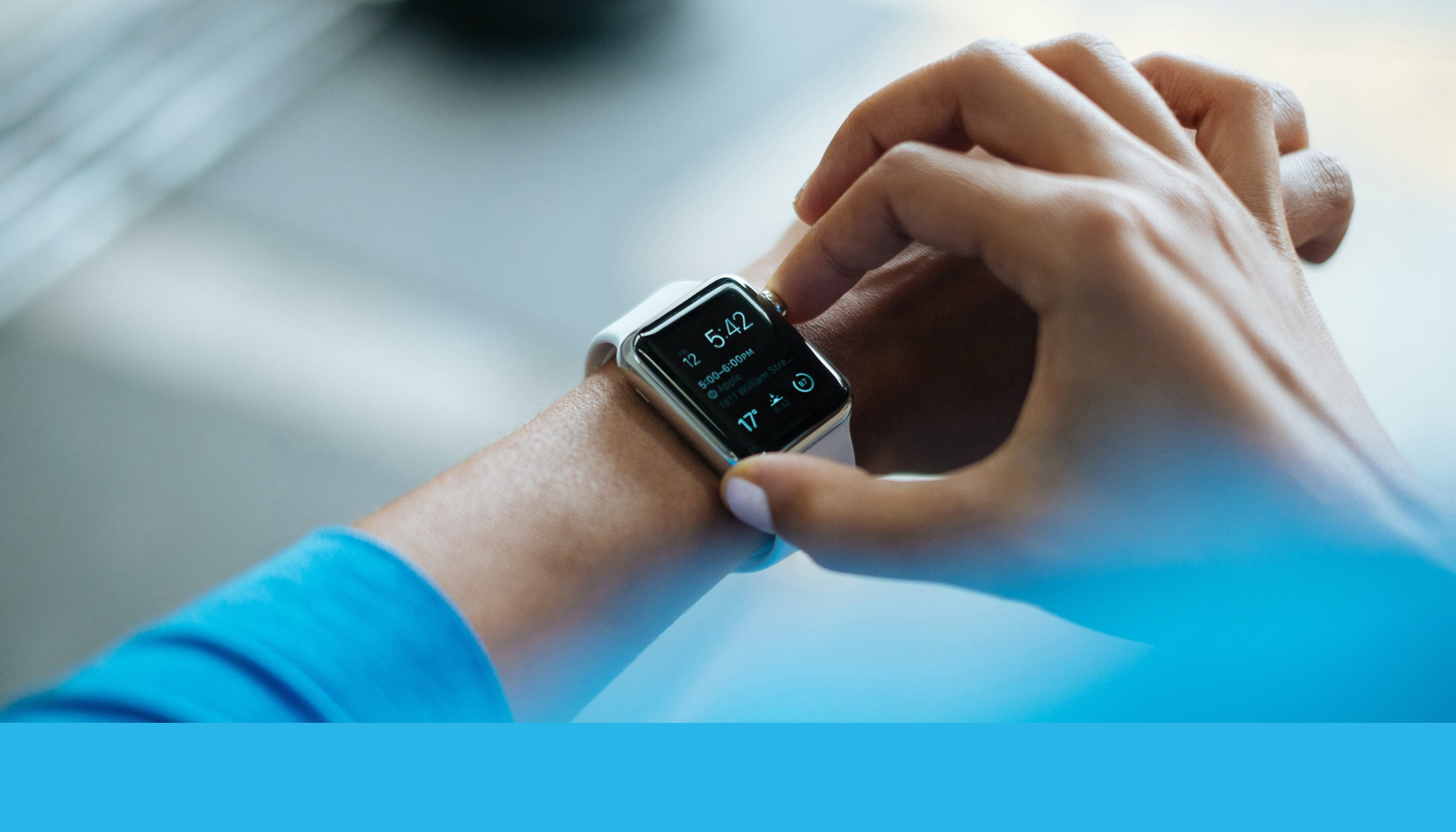How we eat, exercise, work, and rest play an important role in influencing our health outcomes. It’s been established that healthcare and life sciences (HCLS) organizations can improve health outcomes when they have access to this type of data on patients to inform real-world evidence. It’s also been shown that healthcare organizations can overcome challenges in collecting, analyzing, and sharing this sort of data to drive evidence-based collaboration when they utilize cloud computing technologies.
Snowflake’s Healthcare and Life Sciences (HCLS) Data Cloud empowers healthcare and life sciences organizations with a cloud-first platform that enables them to collect, analyze, and securely collaborate on diverse, rich healthcare and clinical trial data to identify the variables driving patient outcomes. Generating real-world evidence from this data can have positive impacts across the healthcare spectrum—from the physician’s office to life science research to health plans and payers. Here’s how.
Traditional patient information
The industry has long relied on patient data—such as pharmacy and medical claims, reimbursements, electronic healthcare records (EHR), prescriptions (Rx), diagnostics (Dx), patient history (Hx), and visitation data—to better understand the impact of treatment. In the Data Cloud, aggregators of such data (for example, IQVIA) are delivering access to their core longitudinal patient data sets to pharmaceutical companies.
Social determinants of health (SDOH)
According to the World Health Organization, studies suggest that SDOH data—including income, housing, education, job, and food security—accounts for up to 55% of health outcomes. In the HCLS Data Cloud, organizations such as Anthem use predictive models to detect that consumers who live alone in a food desert (an area with poor access to healthful food) are more prone to diabetes. Meanwhile, consumer credit rating agencies including Experian are providing live, secure access to patient debt levels and other financial insights, which can be correlated to patient lifestyle habits and healthcare outcomes. And next-generation patient health data aggregators such as Carrot Health can provide live, direct access to SDOH data from hundreds of millions of consumers to predict drug adherence, hospital visitations, and other patient events.
Patient nutrition and lifestyle habits
Healthcare services and products are delivered within the complex context of patient nutritional and lifestyle habits, which in turn have an impact on outcomes. In the HCLS Data Cloud, payers, providers, and life sciences organizations could potentially gain access to patient grocery shopping and nutritional habits from consumer delivery apps such as grocery delivery services. Similarly, a wider view into patient consumption habits could be discerned from secure, live access to patients’ credit card purchase, loyalty program, and online shopping behavioral data. Finally, insights into how exercise and physical activity correlates to outcomes could be drawn from accessing data generated by patients’ activity trackers and other connected health devices.
Social media monitoring and influencer listening
Yonder.ai, a software company that uses AI to discover groups of influencers who control and amplify online narratives, estimates that 43% of misinformation about vaccines is driven by conspiracy theorists. Such insights are gleaned from data sets representing hundreds of millions of posts across mainstream social media and “fringe” online platforms. In the HCLS Data Cloud, social media data and insights are provided by companies such as Socialgist to identify patients that may be influenced by alternative sources of online information and resulting healthcare outcomes.
Data privacy, personal health information, and data clean rooms
In the past, many of the aforementioned data sources were largely off limits to healthcare collaborations due to the complexity of ensuring compliance with both privacy regulations and ethical considerations. Regulations such as GDPR in Europe and CCPA in California were primarily conceived to address the use of personal information in online advertising, but they also have driven the demand to develop new mechanisms for organizations to collaborate on sensitive data without exposing it. Distributed data clean rooms are one such mechanism. They can unlock data collaborations in the HCLS industry while enabling compliance with both data protection laws and corporate policies.
Snowflake enables HCLS data collaboration
Snowflake is the pioneer of the Data Cloud, a global, federated network for secure, governed information exchange. Healthcare and life sciences organizations including Anthem, Novartis, athenahealth, Prisma Health, and others rely on Snowflake to identify the impact of their products and services on patient outcomes as well as to deliver innovative, value-based commercial strategies.
The HCLS industry can collaborate on Snowflake’s HCLS Cloud to combine traditional information assets (Rx, Dx, Hx, claims, and reimbursements data) with a rich range of alternative assets to generate real-world evidence. In the future, collaboration on richer, more diverse patient data will likely transform healthcare and increase the well-being of patient populations.
To learn more about how Snowflake can help your HCLS organization generate real-world evidence for better patient outcomes, read our white paper, The Healthcare & Life Sciences Data Cloud for Real-World Evidence.
